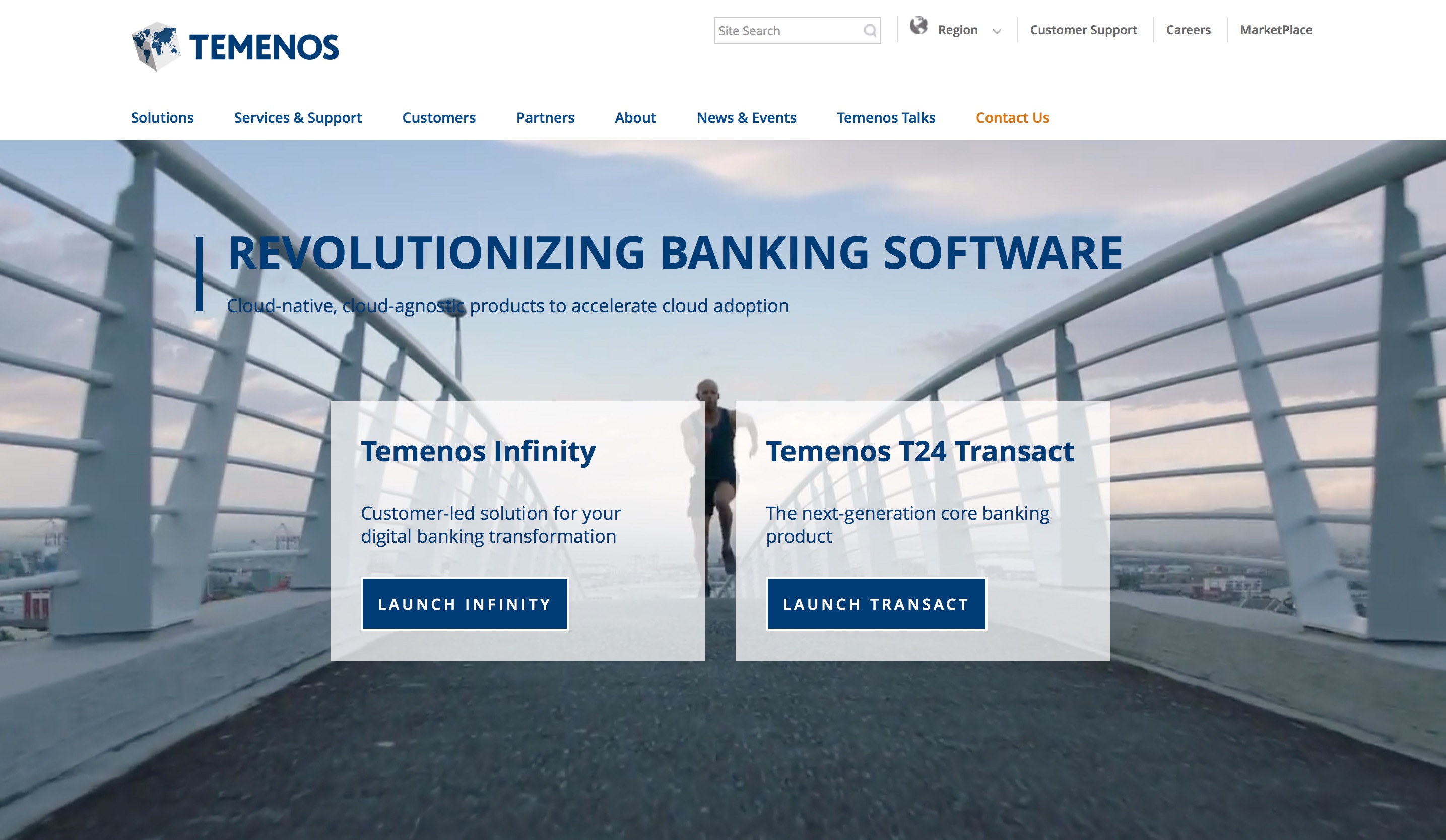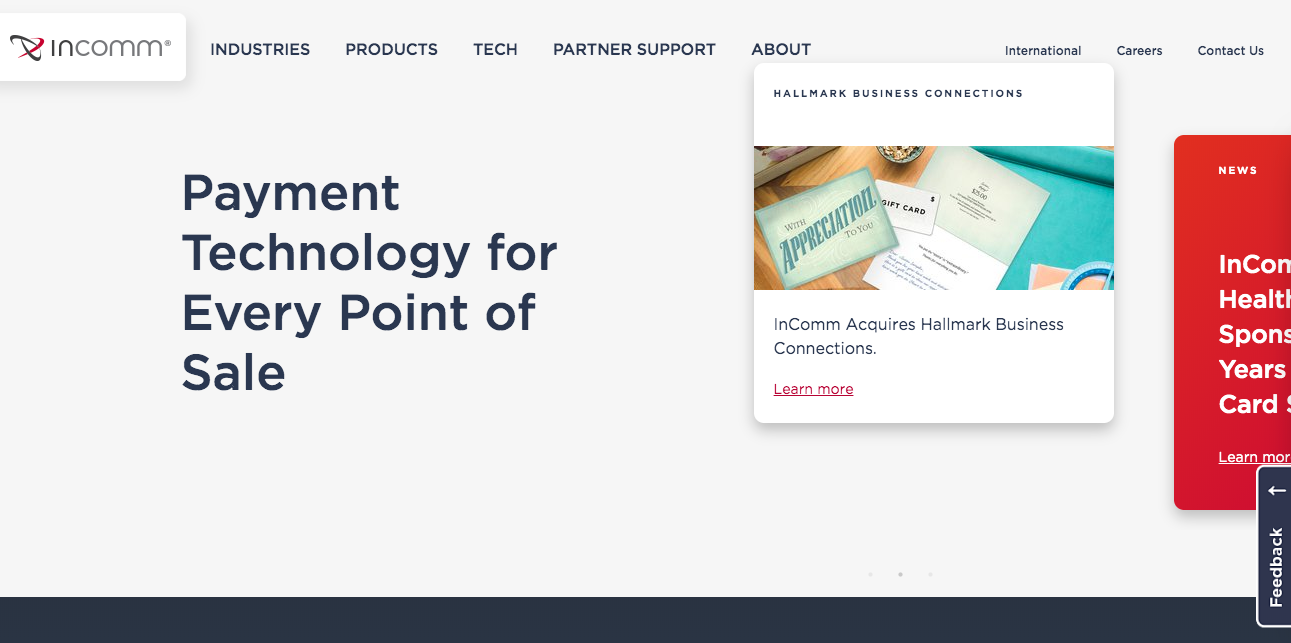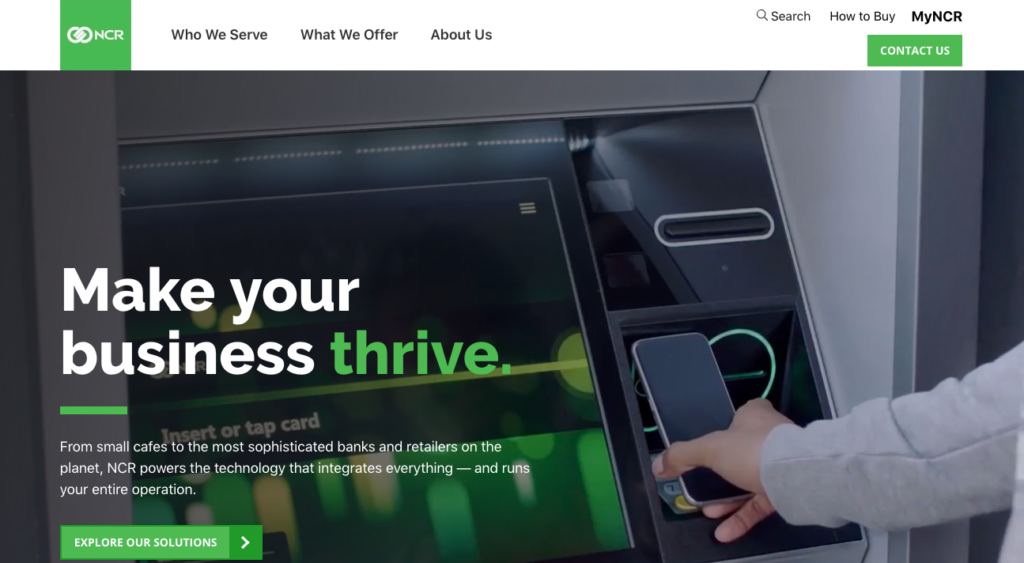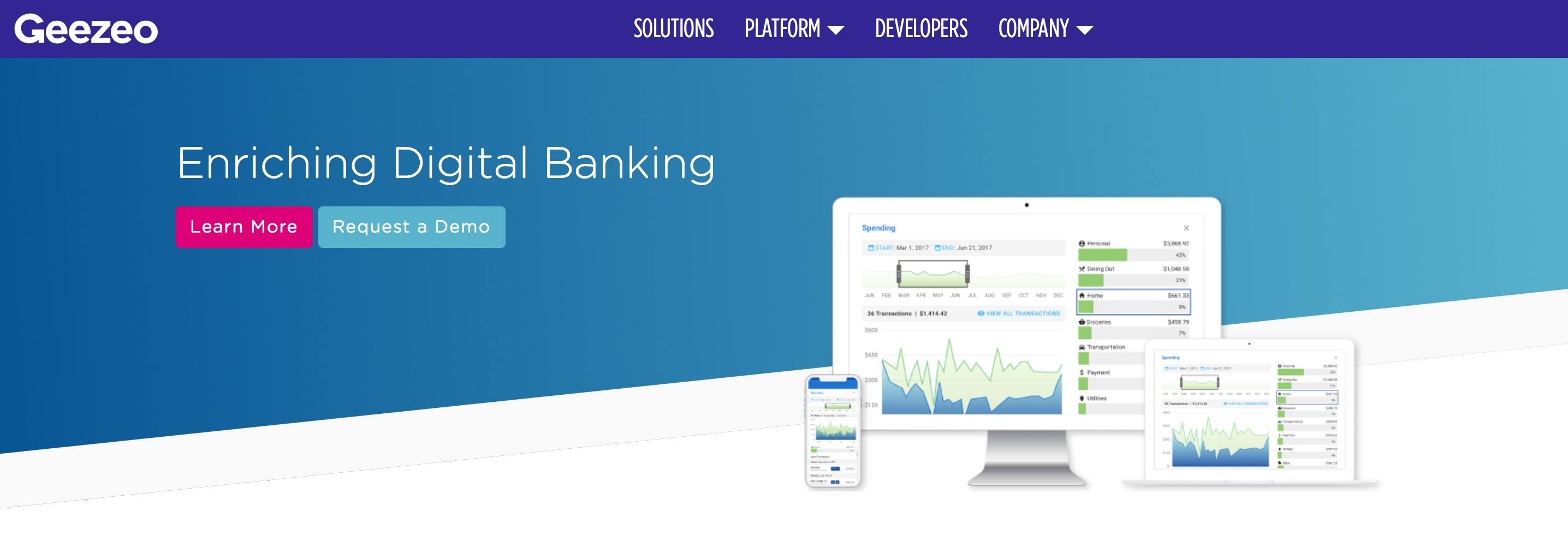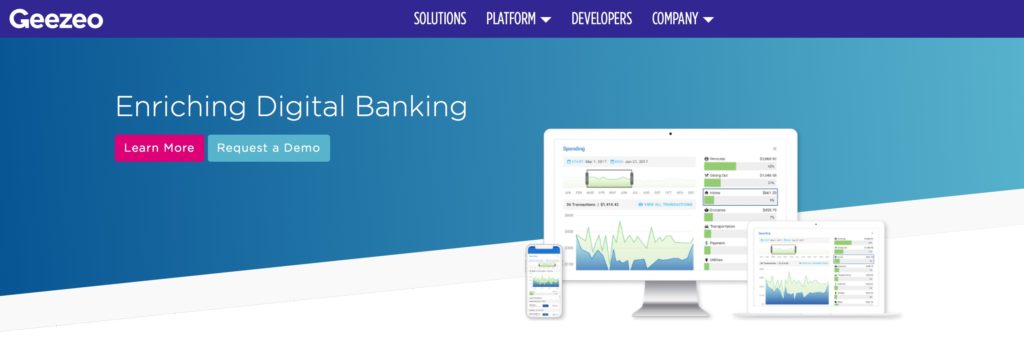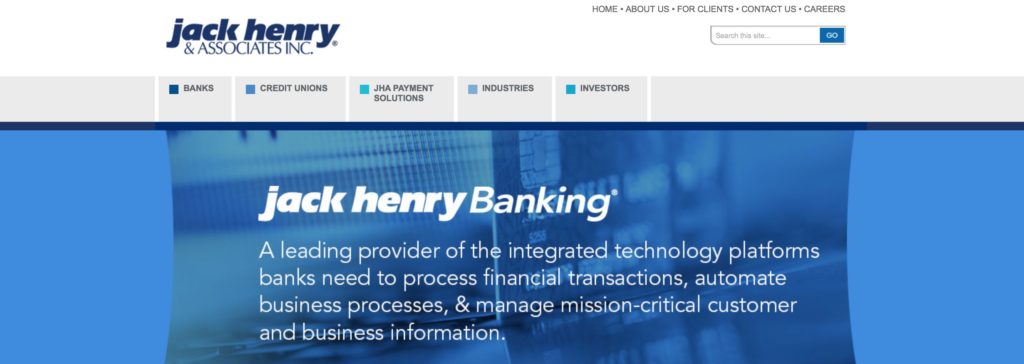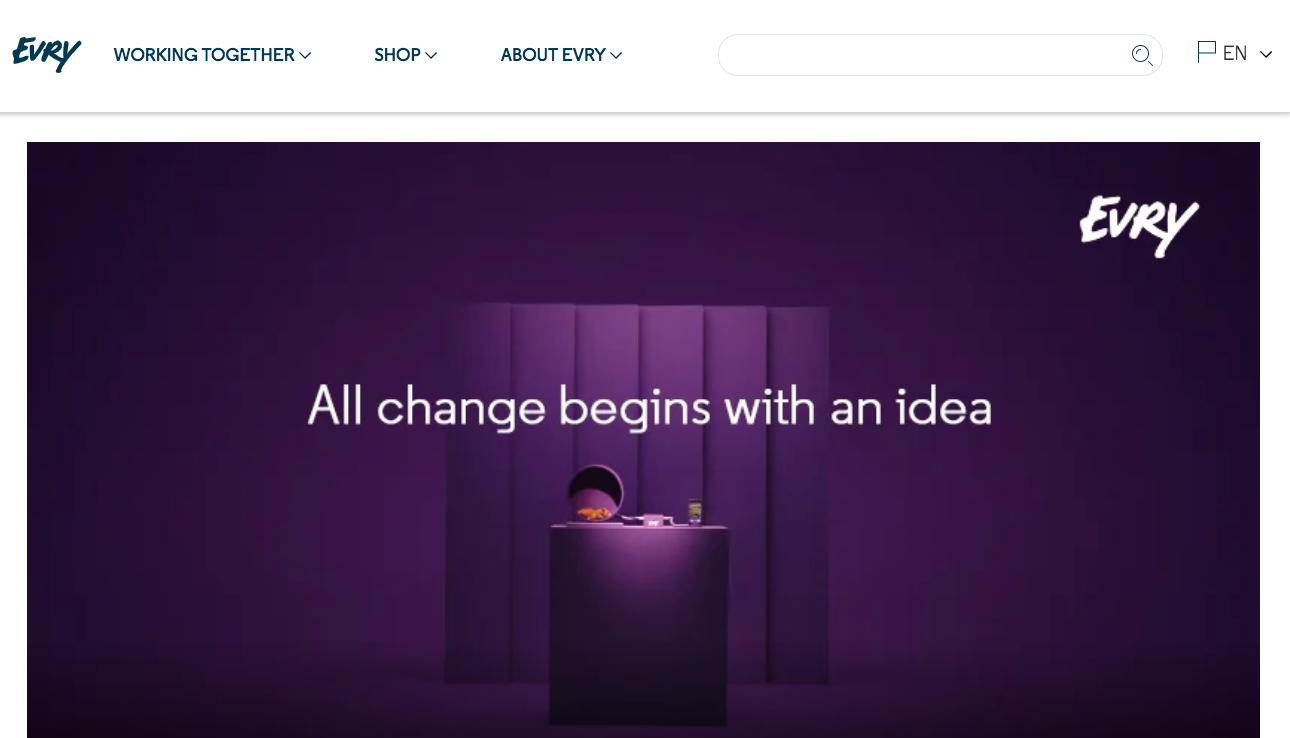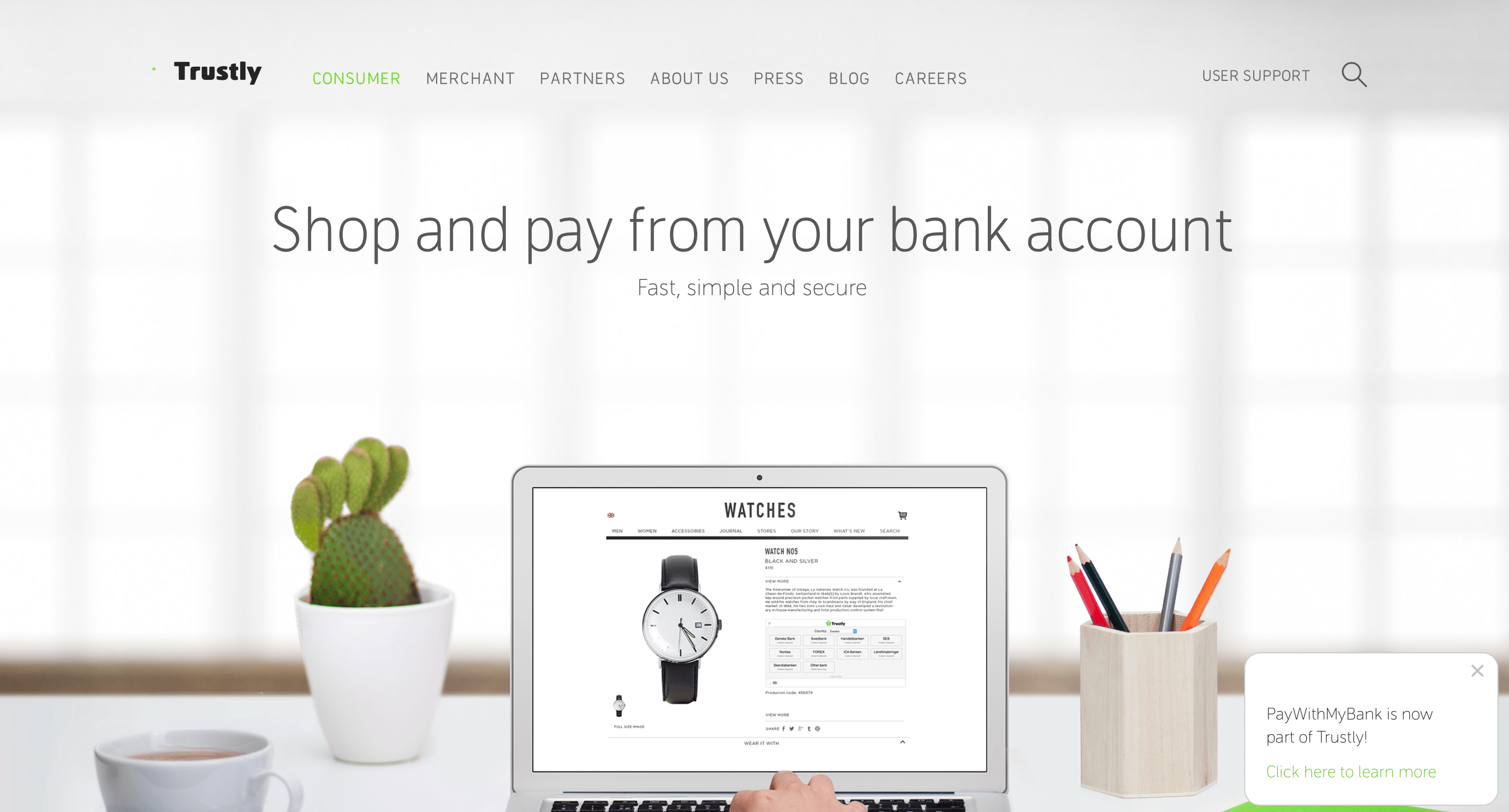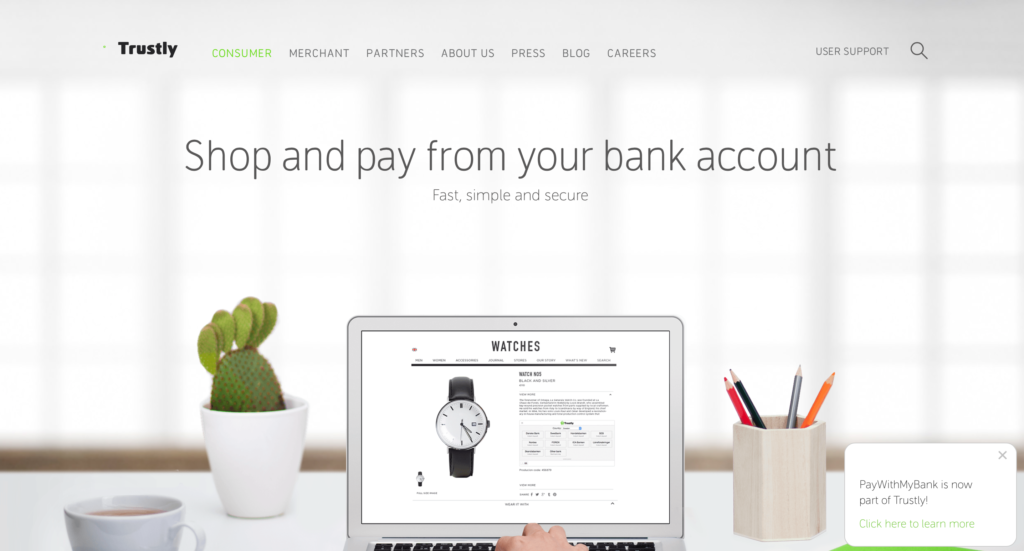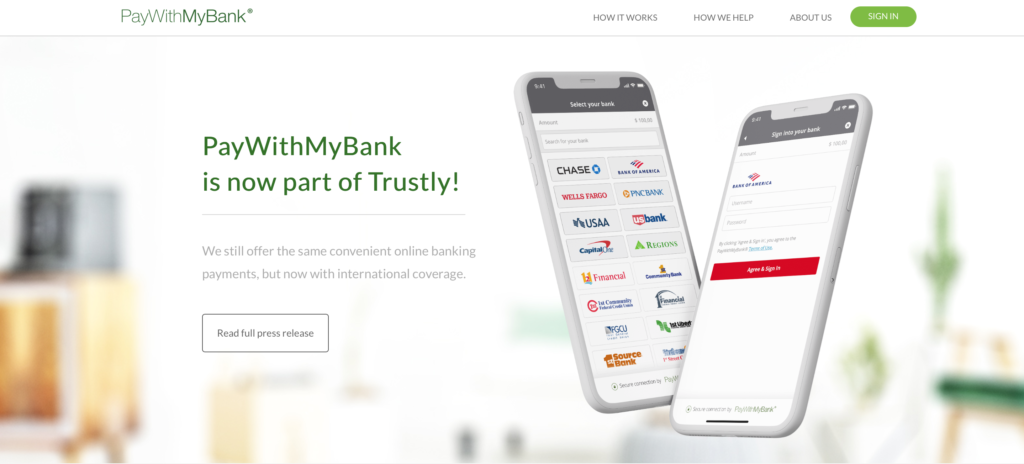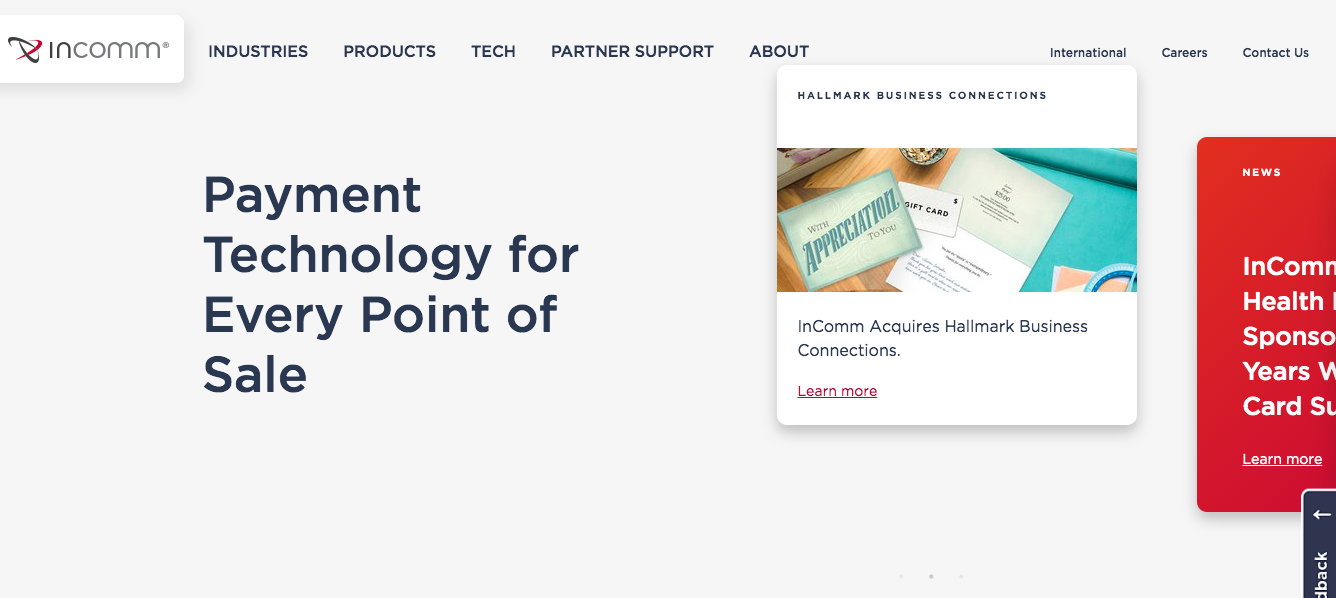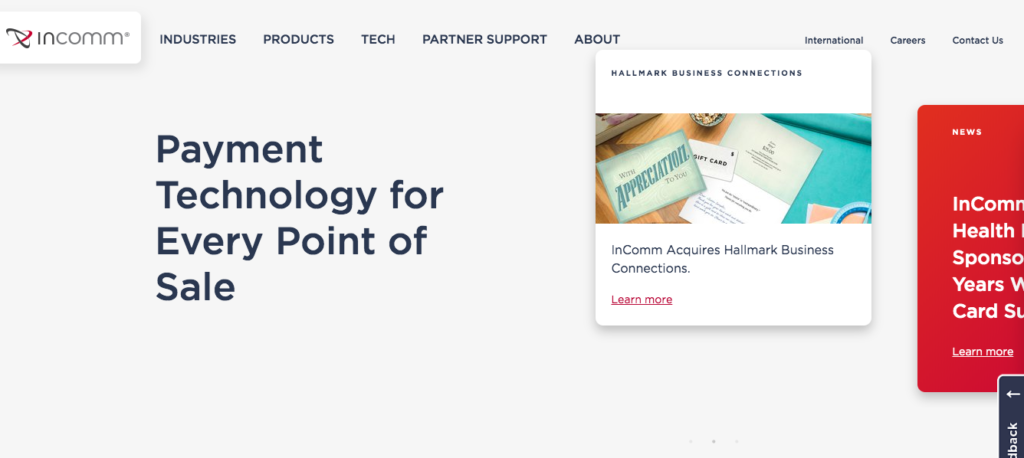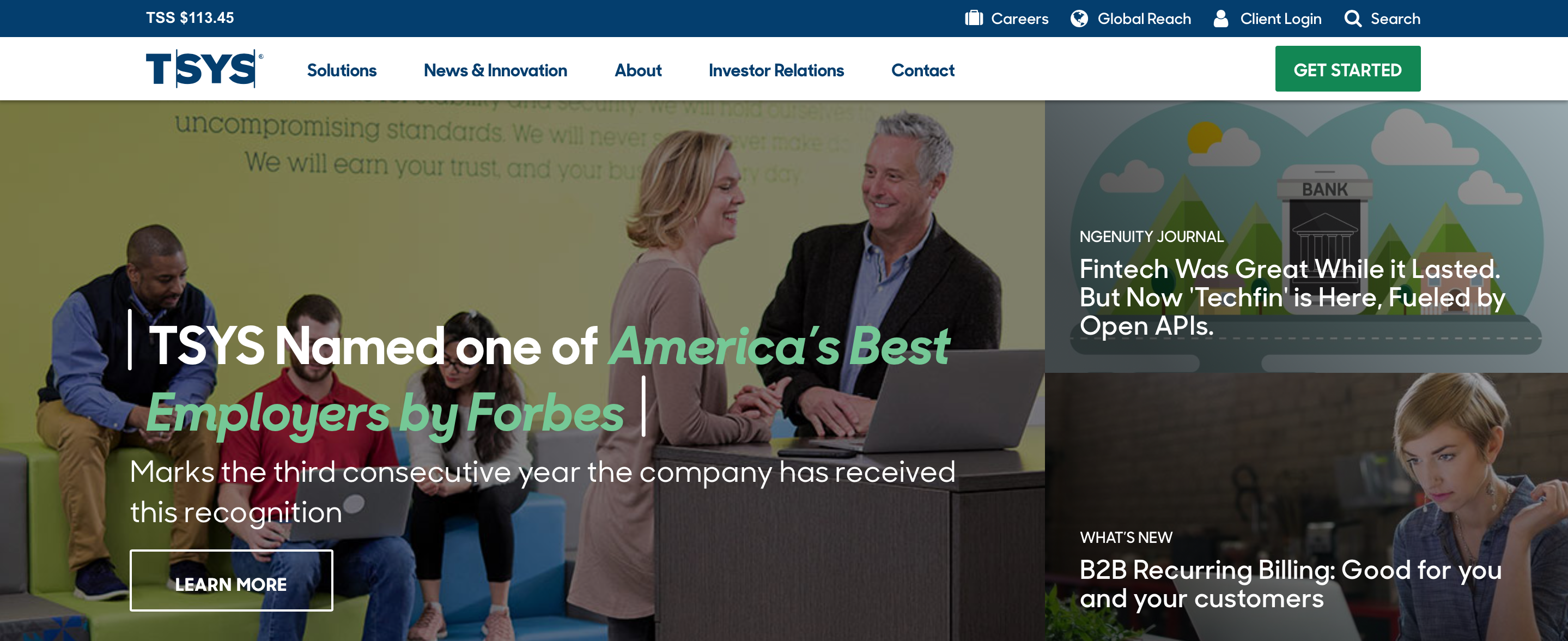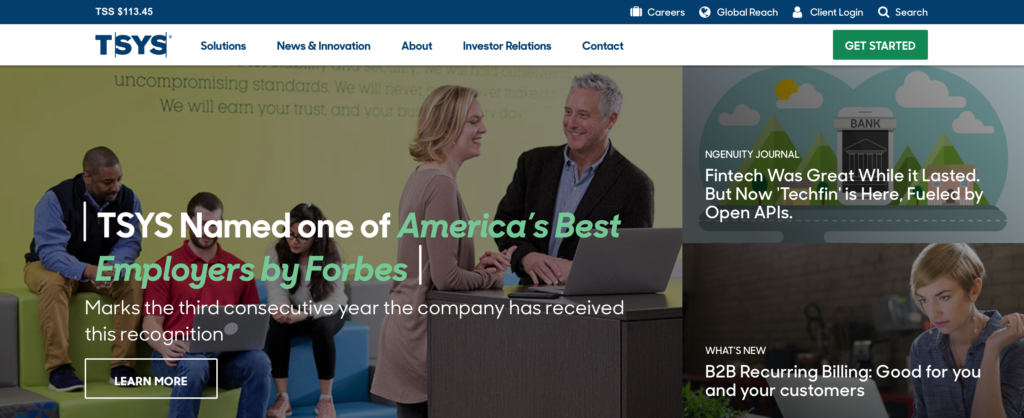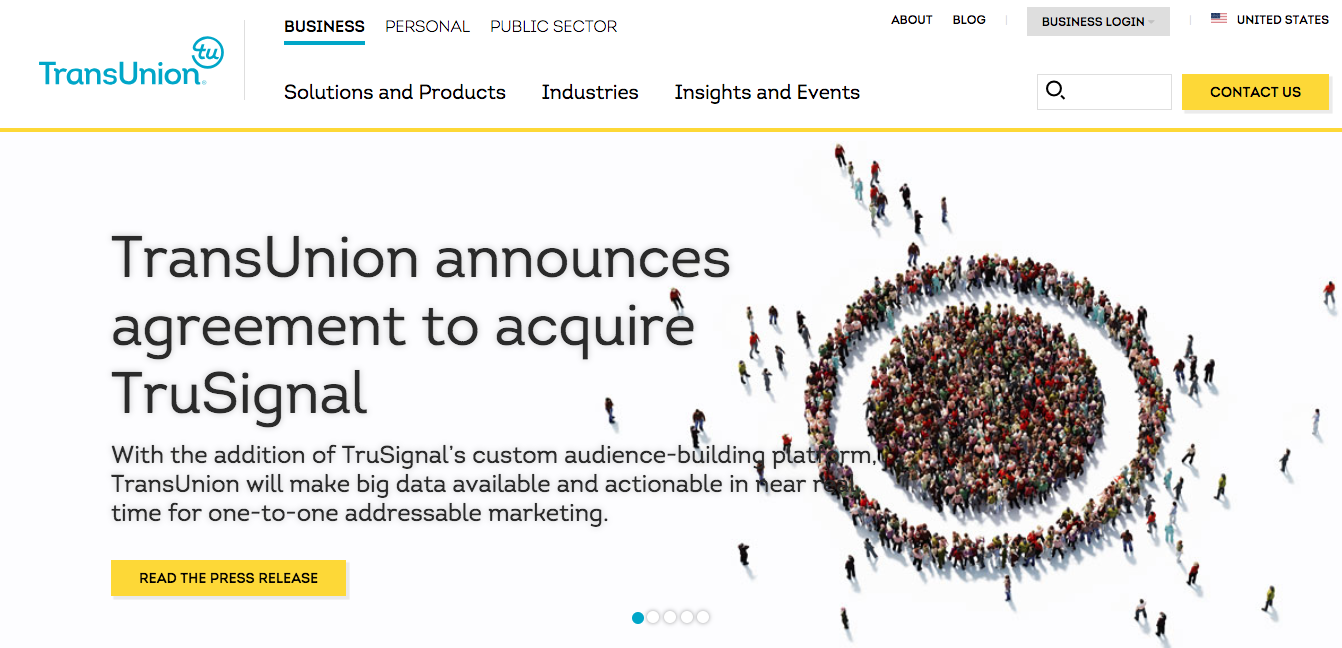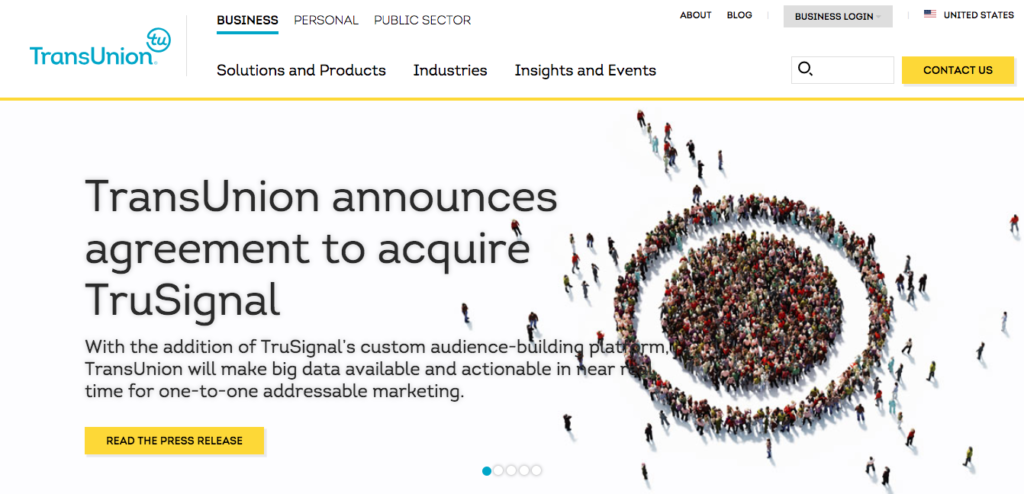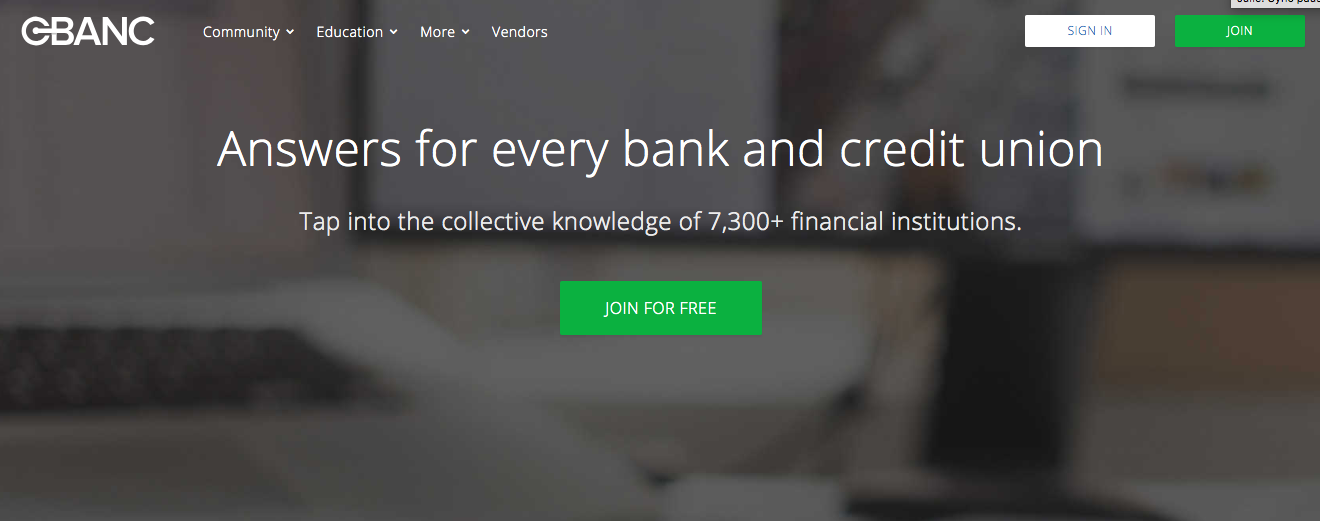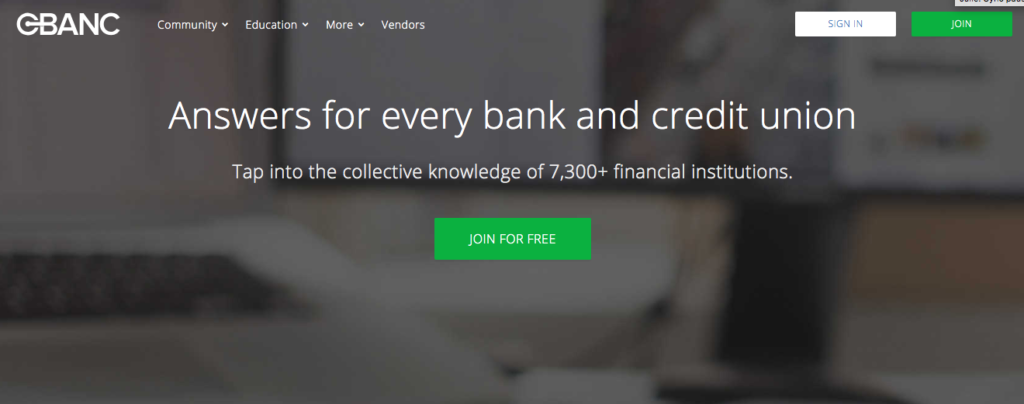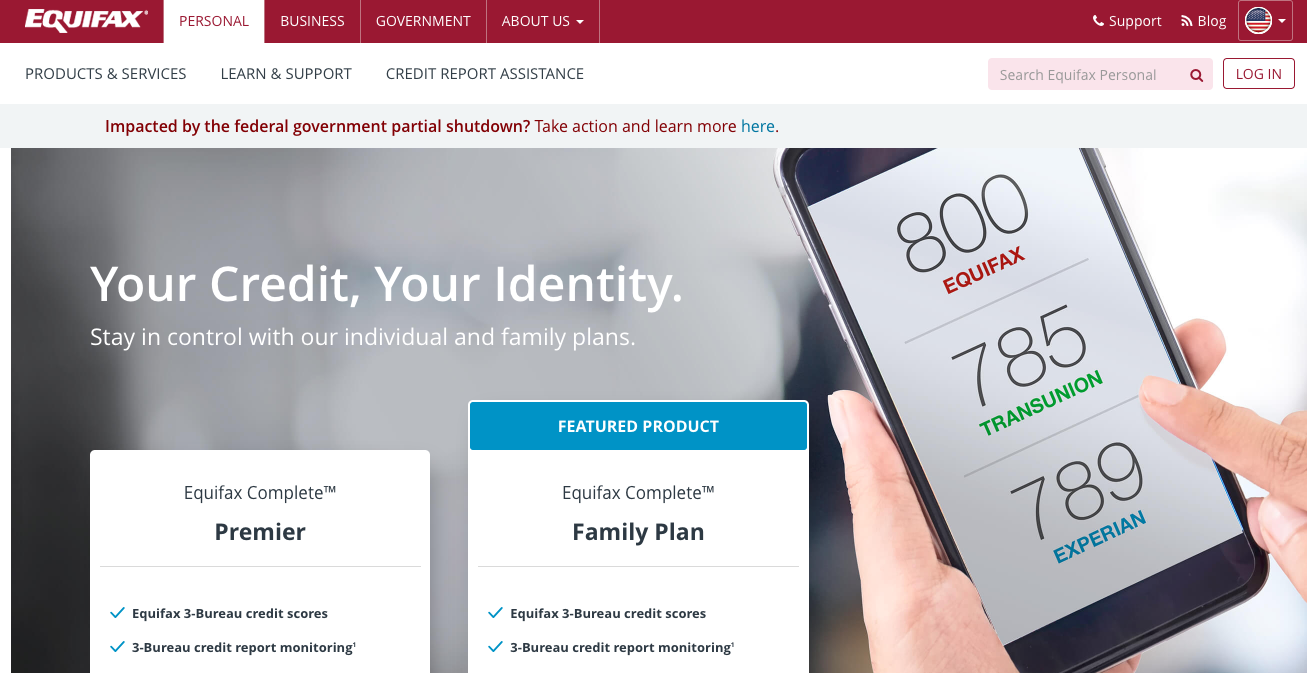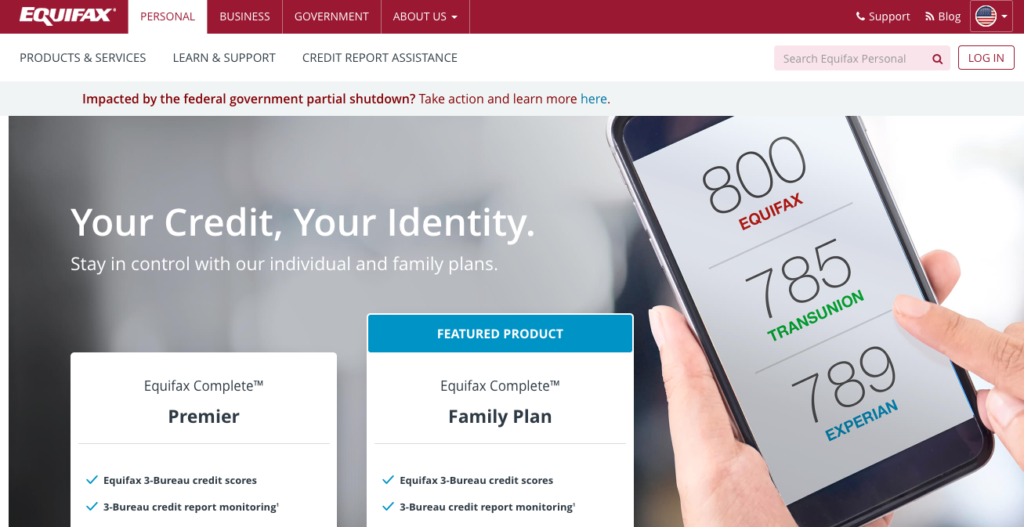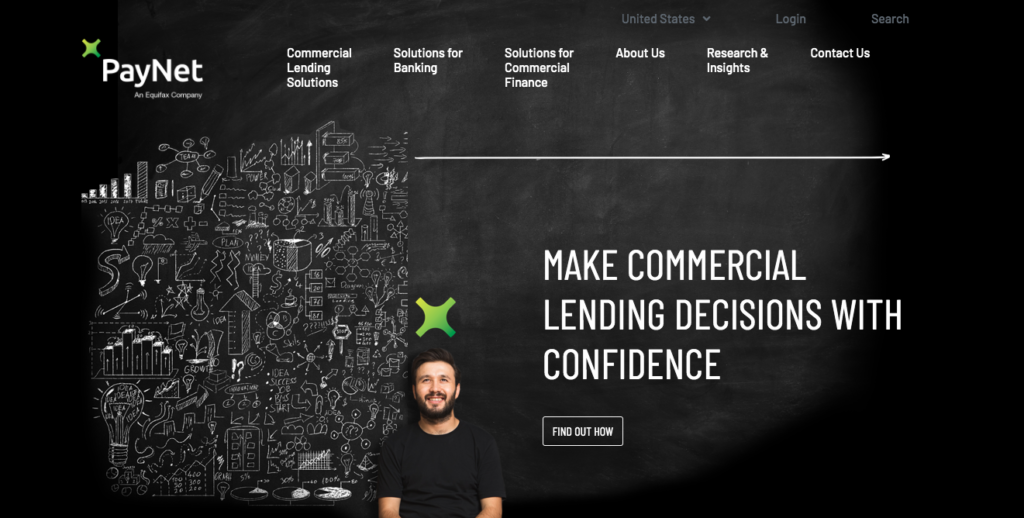
Fintech solution provider Urban FT has bought Minneapolis, Minnesota-based remote deposit capture (RDC) specialist CFC Technology Group.
The purchase, the Urban FT said in a statement today, will further support its position as a leading digital banking and payments provider – particularly for the community banks and credit unions that represent a sizable portion of its customer base. Terms of the acquisition were not disclosed.
“Urban FT is focused on tilting the playing field for community-based financial institutions,” said company CEO Richard Steggall, “which is representative in our growth as revolutionary pioneers, empowering institutions that choose to give a damn about the people and the communities they serve.” Steggall added that the acquisition marked Urban FT’s expansion into merchant-based banking territory, and bolstered its “ability to provide end-to-end digital payment solutions.”

Since inception in 1998, CFC Technology has worked with more than 800 institutions and thousands of merchant customers. A specialist in remote deposit capture, mobile banking, and business continuity solutions, CFC Technology is a frequent partner of community banks and credit unions, providing services in more than 25 states.
Headquartered in New York City, Urban FT demonstrated its Urban FT Workshop, a real-time, multi-tier mobile app management platform for the financial services industry, at FinovateFall 2016. Founded in 2012, the company now has more than $3 billion in annualized processing volume and 700+ clients.
Earlier this year, the Urban FT launched its agent bank program Community Access. The program provides financial and mobile banking tools for the retail and commercial customers of community banks. Last fall, the company’s co-founder Mark Kilpatrick was named to Forbes’ 30 Under 30.
Urban FT has raised $3 million in funding. CFC Technology represents the company’s latest acquisition, having purchased fellow Finovate alum Wipit in 2015 and iParse in 2017. Urban FT inked an agreement last year in which Digiliti Money – a subsidiary of Digiliti Money Group (formerly Cachet Financial Solutions) – would merge into Urban FT’s affiliate, FinTech Imaging Solutions.

